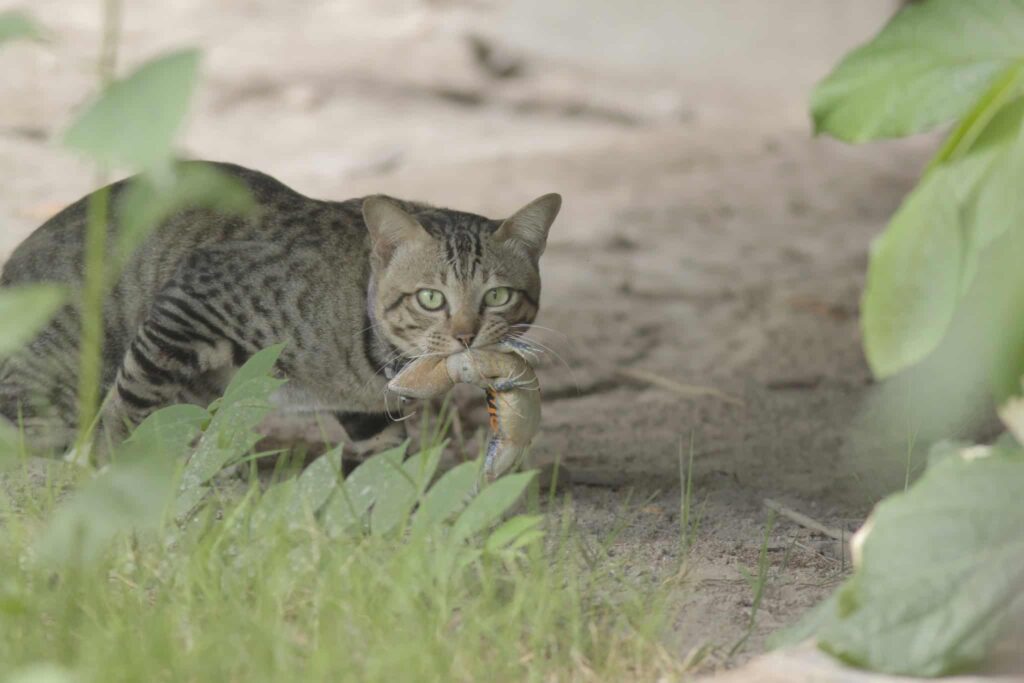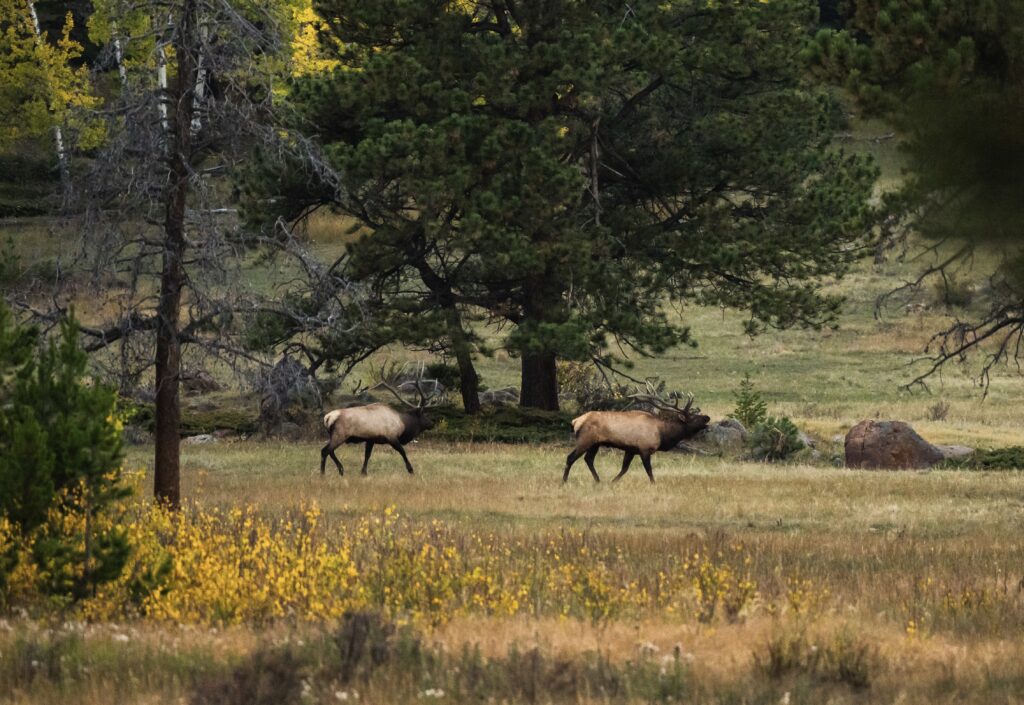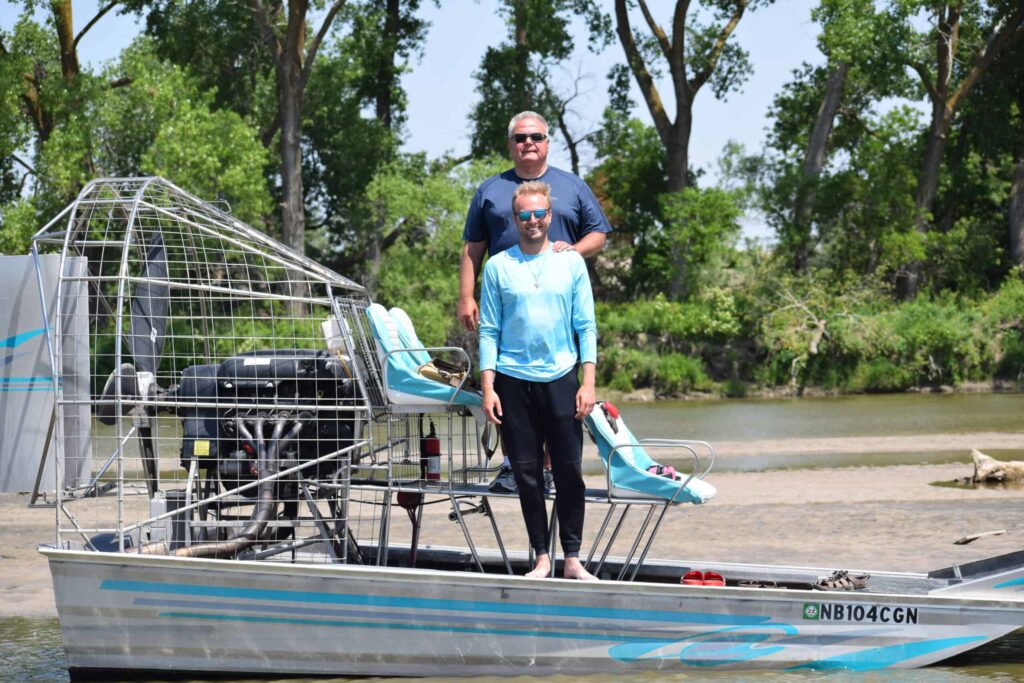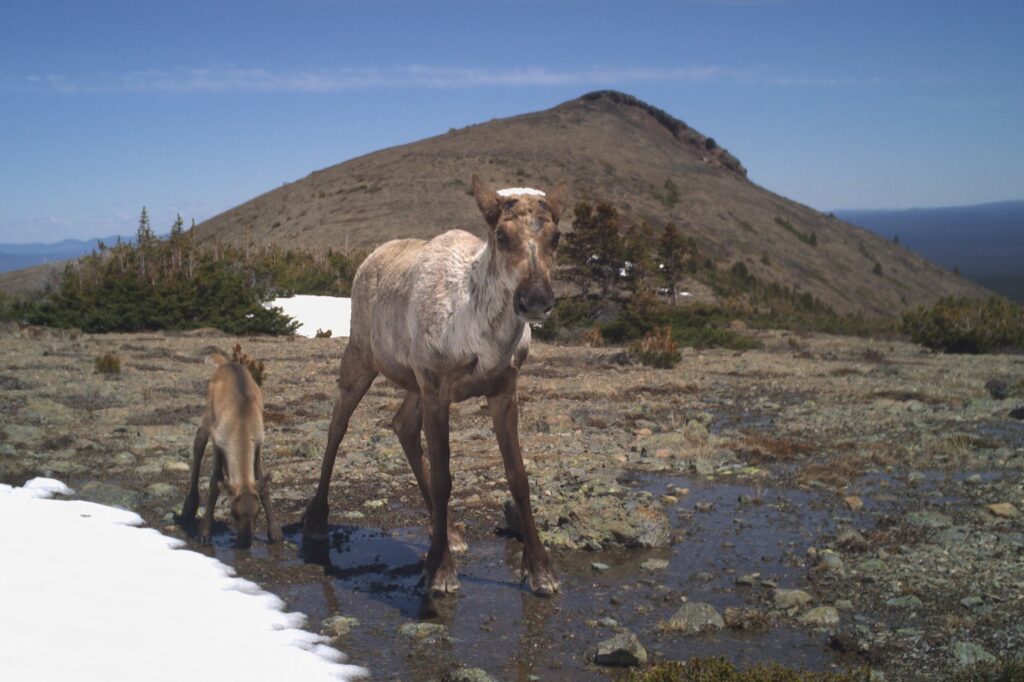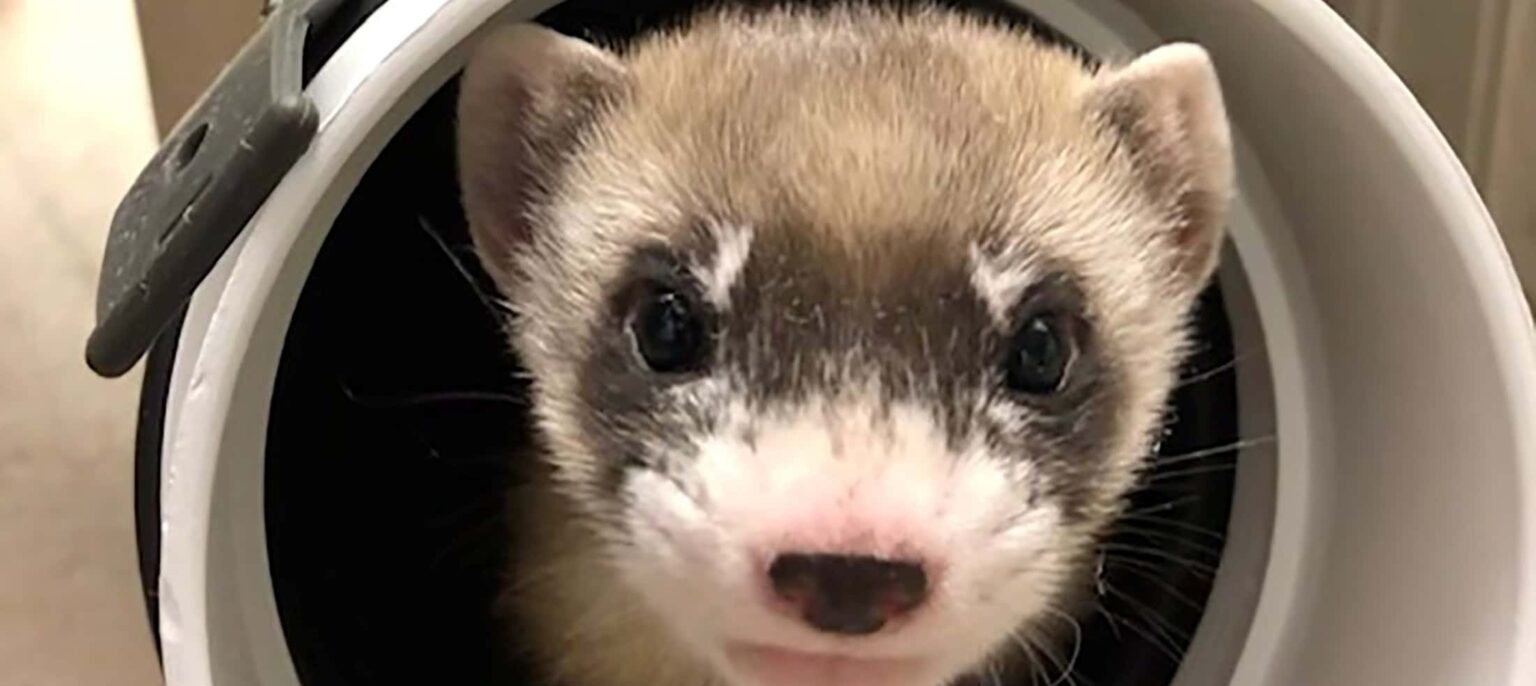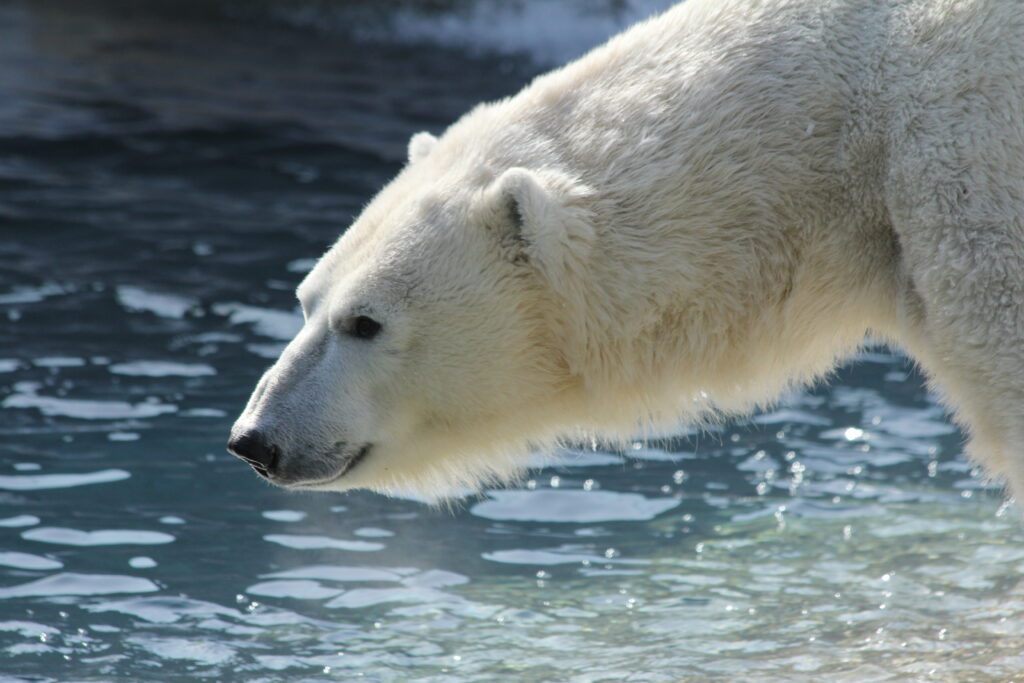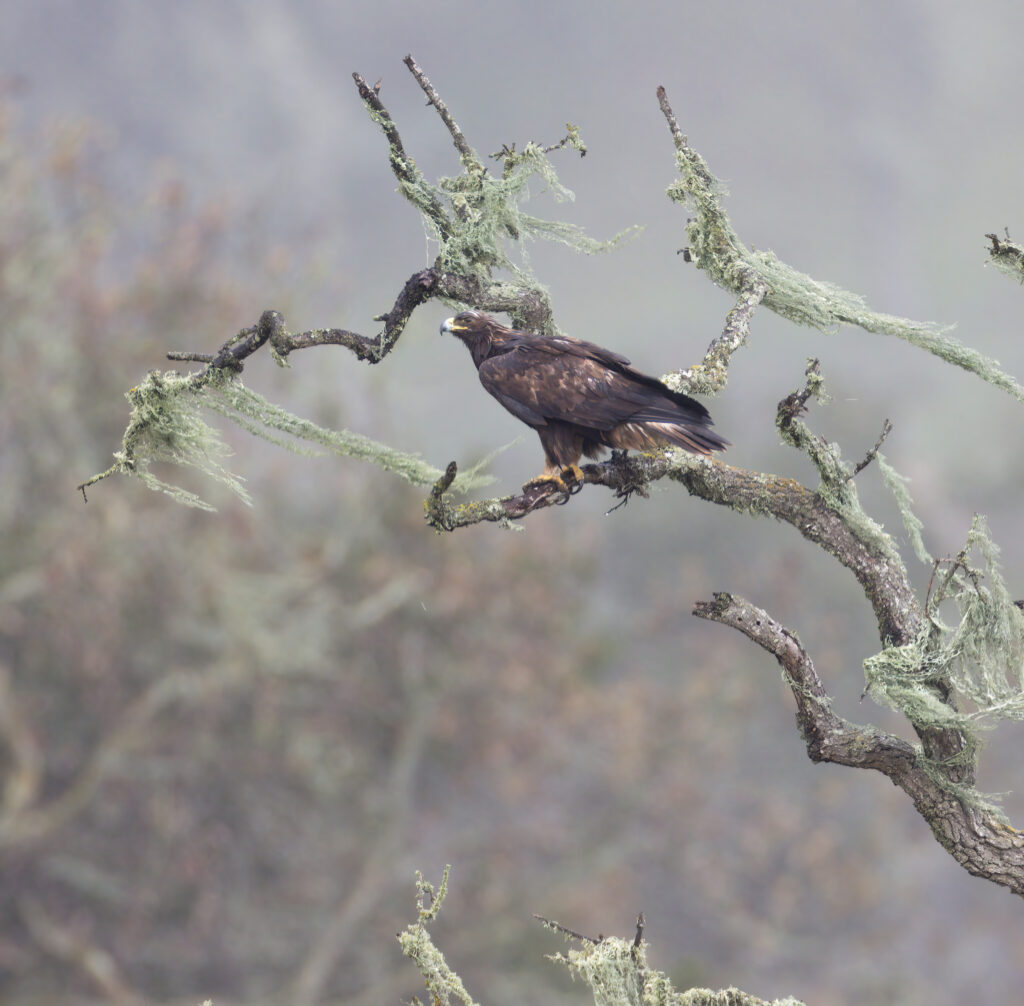The number of black-footed ferrets, North America’s most endangered mammal, has just grown by one. Scientists have successfully cloned the species, a first for any native, endangered animal species in North America.
Black-footed ferrets (Mustela nigripes) are just the second species to be cloned for genetic rescue, following the successful cloning of a Przewalski’s horse (Equus ferus przewalskii) last August.
The birth of the female ferret, dubbed Elizabeth Ann, was the result of years of work conducted by the biotechnology nonprofit Revive & Retore, the U.S. Fish and Wildlife Service, the for-profit company ViaGen Pets & Equine, San Diego Zoo Global and the Association of Zoos and Aquariums. Its cells were first banked in 1988.
“Cloned siblings are on the way,” writes the New York Times, “and potential (cloned) mates are already being lined up. If successful, the project could bring needed genetic diversity to the endangered species. And it marks another promising advance in the wider effort to use cloning to retrieve an ever-growing number of species from the brink of extinction.”
Black-footed ferrets were once thought to be extinct. Federal reintroduction efforts are underway to restore them to the wild.
Read more from the New York Times.
Article by The Wildlife Society